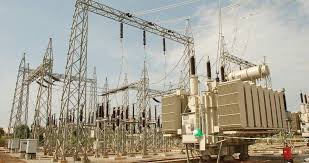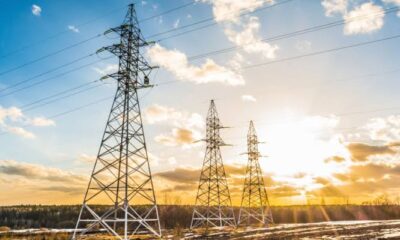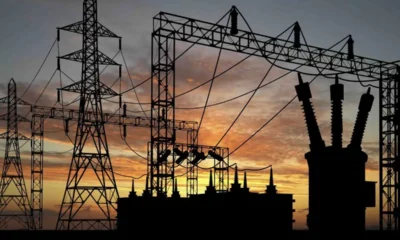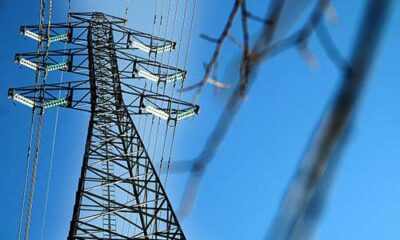The hopes of many Nigerians celebrating the Easter period in the comfort of their homes may be truncated after the national electricity grid collapsed again on Thursday.
The national grid’s collapse was the fourth time
in the first three months of the year, despite assurances from the Minister of Power, Adelabu Adebayo, that everything had been put in place to curb the incessant collapse of the grid.
This recent blackout occured when the national electricity grid centrally managed from Osogbo, Osun State, suffered a collapse at 4:30 pm on Thursday, leaving millions of homes and businesses without power.
According to a statement from several distribution companies (DisCos) across the country, the collapse caused their feeders to become inactive resulting in widespread blackouts across the country.
Data from the Transmission Company of Nigeria’s (TCN’s) further showed that the grid collapse had left to power dropping from 2,984 megawatts (MW) to zero in an hour, with all 21 plants connected to the grid ceasing operations by 5 pm.
The Abuja Electricity Distribution Company (AEDC), in a statement on the situation, said the power outage was due to a system failure from the national grid.
“The system collapsed at about 16:28 hours today 28 March 2024, causing the outage currently being experienced across our franchise area,” the AEDC said in a statement.
“We appeal for your understanding as all stakeholders are working hard to restore normal supply,” it added.
In a notice to its customers, the management of Eko Electricity Distribution Company (EKEDC) said the system collapse resulted in a loss of power supply across its network.
“We are currently working with our partners as we hope for speedy restoration of the grid. We will keep you updated as soon as the power supply is restored. Kindly bear with us,” EKEDC said.
Major power generation plants which were affected by the grid collapse included th Egbin, Afam, Geregu, Ibom Power, Jebba, Kainji, Odukpani, and Olorunsogo, among others, which remained dormant, further exacerbating the electricity deficit nationwide.
Over the past 10 years since the privatisation of the electricity industry, the grid has experienced collapses a staggering 141 times, underscoring the magnitude of the systemic challenges facing the sector.

 Politics1 day ago
Politics1 day ago
 Metro1 day ago
Metro1 day ago
 VenturesNow1 day ago
VenturesNow1 day ago
 Musings From Abroad1 day ago
Musings From Abroad1 day ago


























